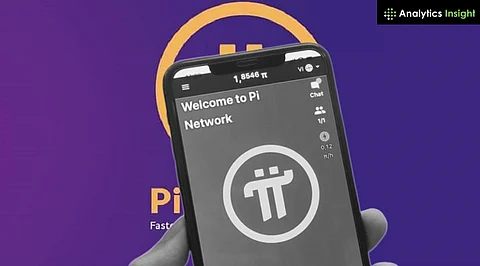Pi Network Phishing Alert: Only Use wallet.pi.net, Announces Core Team
Pi Network pushes forward with its Open Mainnet phase, and the Core Team has now released an urgent advisory warning Pioneers about a surge in phishing scams. These scams imitate the official Pi Wallet interface to trick users into revealing their secret passphrases, potentially leading to a complete loss of their Pi holdings.
Scammers Deploy Cloned Wallet Sites and Social Media Traps
The official Pi Wallet is available only through wallet.pi.net via the Pi Browser. It features a purple navigation bar and the recognizable Pi logo integrated with Core Team app icons. However, scammers have launched nearly identical sites with subtle changes in the URL, hoping to exploit user trust.
Core Team Clarifies It Will Never Contact Users Directly
The Pi Core Team emphasized that they never ask for passphrases, passwords, or verification codes, and they do not contact users via phone or unsolicited messages. Any such communication should be treated as a scam attempt.
“These fake websites are almost perfect clones of the real Pi Wallet,” stated the Core Team. “But the one thing they can’t replicate is the verified app URL and the layout seen through the Pi Browser. That’s what users should watch for.”
Key Tips to Stay Safe
While scammers can copy the visual design of the Pi Wallet, they cannot fake the Pi Browser environment or the verified app URL. To stay safe, the Core Team advises users to:
Use only the Pi Browser to access wallet.pi.net
Ignore calls, messages, or emails from unofficial sources
Verify that any email comes from Pi’s official domain: *@pi.email
Visit the Pi Safety Center for up-to-date information and tools to report suspicious activity
Blockchain Losses Are Irreversible: Stay Vigilant
Blockchain transactions are irreversible. Thus, users are urged to double-check URLs. They should avoid entering any sensitive information unless they are confident they’re on a verified platform. As migration to the Open Network increases, risk also rises, making user vigilance more crucial than ever.
Also Read: $300 Million Crypto Scam: Interpol Detains Vietnamese ‘Madam Ngo’ in Thailand
.png)

